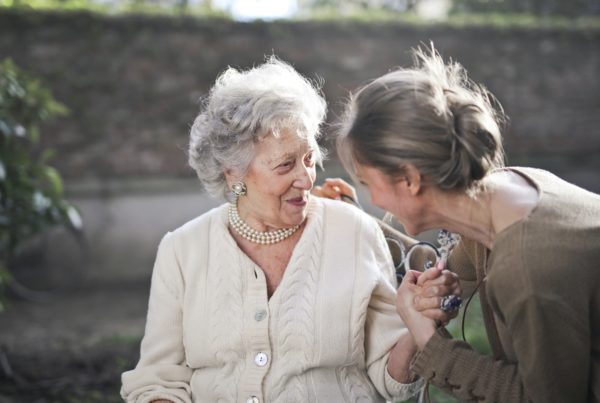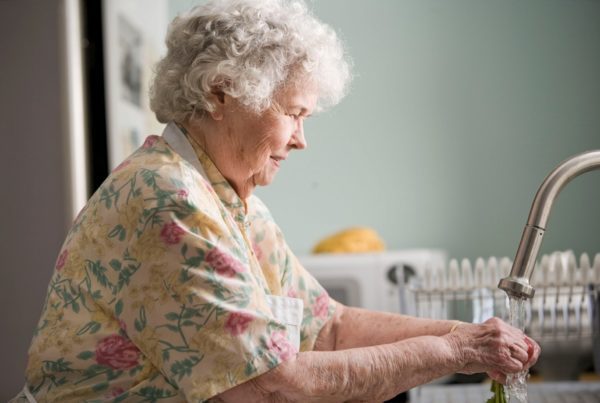After a diagnosis, many people are living well with dementia
Being diagnosed with dementia is a shock to both the person being diagnosed and their family. Living with, or caring for someone with dementia can be a turbulent and emotional time. You may feel despair over the situation, however it is possible, and many people are already living well with dementia.
In the early stages of dementia, while the person has the ability to make informed choices, it’s best to being talking and planning about what they want to happen as the dementia progresses. There are decisions to make like what they want to happen about their care and support, and thinking about arranging a Power of Attorney.
Coming to terms with, and accepting what lies ahead is important to enable the person with dementia and their main carer to get the best out of life.
Focus on strengths
Focussing on what the person with dementia is able to do will be a big help for both of you. It will also help in keeping their self-esteem and confidence maintained for a long as possible. Any activities they enjoy doing like gardening or baking, or hobbies can be done together so that you can observe and ensure that they are not pushing themselves too hard. As the dementia progresses their ability to do things will change, this may also change from day to day.
Be prepared for change
There will be a lot of changes, so accepting this wholly at the early stages will benefit you as a family carer, as well as the person with dementia. The key to living well with dementia is understanding that you need to go with the flow. What a person can do one day, they may struggle to do the next.
Relationships will change, habits will change, and so will much more. Holding on to what you expect from the person with dementia will not help either of you. The best approach is to let go and understand where the person is at any one time and try to live in their reality, rather than forcing your reality onto them.
Remembering the person
Often, there are changes that are due to the dementia, and not the person. Behaviour can change dramatically, and they might blame you for not remembering things – try not to take things personally. The person is still there, they may be having difficulty in facing the fact that they are forgetting things.
The person with dementia will still have communication needs, however they may still have difficulties in communicating their needs. You will need to understand the best ways to communicate with someone living with dementia.
Living in the present
Keep your focus in the present. There will be some future planning of course, however live day to day as much as possible. Living in the present, being ready to adapt will help both of you live a better quality life. Make the most of each day and encourage the person with dementia to do this also. Creating an activities plan can help with keeping focus on the present day, as well as helping to create meaningful involvement in the person’s life.
Keeping things normal
Establishing daily routines is important and keep them going as long as you can and adapt when the person is no longer able to do things. Involve the person with dementia in any decision making to help them feel they are a part of things and retain self-esteem.
Maintaining a sense of humour
Humour can be a life saver – instead of being embarrassed, try and see the funny side. Think about how many times you have done something silly yourself and then laughed about it. The person with dementia is likely to have a laugh with you. Relax and take things a they come.
Getting help
It’s possible to live well with dementia, especially when you have both taken the effort to explore how best you can cope. However, there will be times when as a carer you’ll be exhausted and may not be able to give the best of yourself. It’s best to have a home care provider available to give you regular breaks. That way, the person can still stay at home and keep to their usual routine while you have a break.




